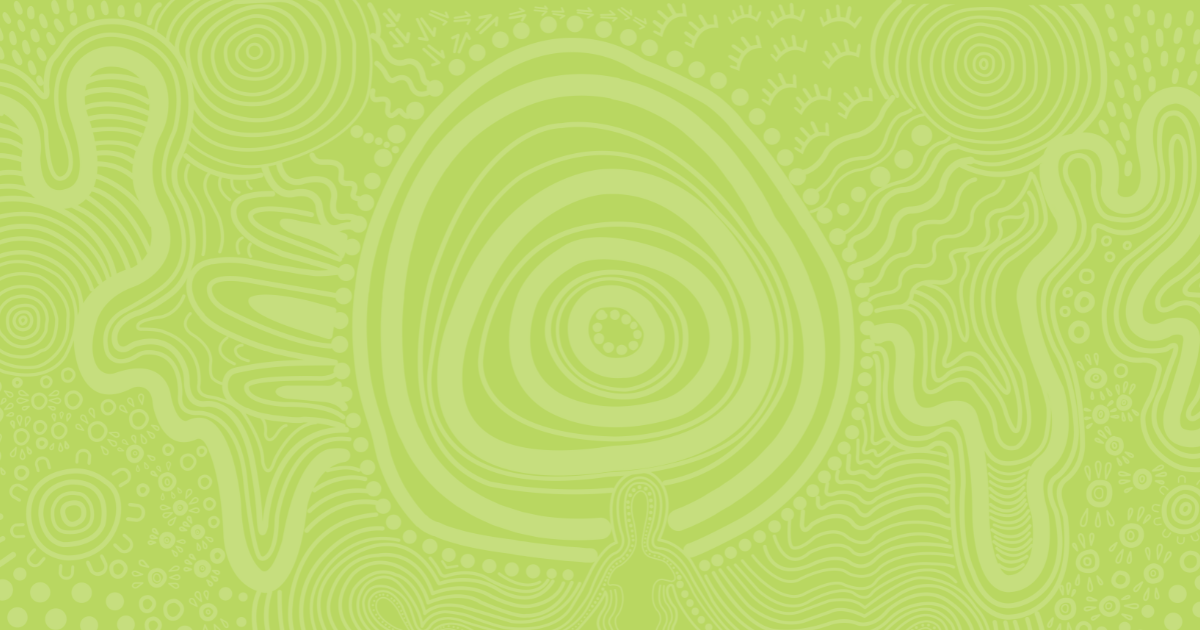If you are following along with this year’s Challenge, your class would be talking about some of the amazing First Nations change makers who have played a significant role in making change for Aboriginal and Torres Strait Islander communities. Most of the people you are talking about likely have a high profile that includes lots of recognition for their hard work and the impact they have had. Over the next few weeks, the Challenge will ask you to consider change makers in your local area in an activity that I hope helps your class connect to your local community and recognise some of the people who are working hard to drive local change, often without a lot of recognition: the aunties and uncles who are leading our communities; the community people who are tirelessly driving initiatives, supporting programs and encouraging growth; the individuals who are working together to keep culture strong and accessible – revitalising language and advocating for culture, rights and better outcomes for our mobs.
One group of change makers I would like to highlight is Aboriginal educators. The First Nations people who are working in our schools, (teachers, AEOs, SLSOs and other staff) often leading Aboriginal education for all students and quite often their colleagues too. They are under-appreciated change makers, driving the education which underpins so much important change.
Let’s face it, most teacher workloads are massive and First Nations school staff often carry this workload as well as the responsibility for Aboriginal education across the whole school. This is a significant emotional and physical load and many of the Aboriginal educators I talk to are overwhelmed trying to do everything that is expected. It is a problem across many sectors where Aboriginal people are viewed as responsible for the education of non-Aboriginal people about Aboriginal peoples, cultures and histories. The burden of this is becoming more widely recognised and people are working to change this dynamic. Schools need to embrace this change and develop ways of working that support Aboriginal staff by sharing this load. This is not always easy given how busy everyone is in a school and the often-complex dynamics of a school.
While every school is structured differently and the solution will be different at each school, there are a few things we can all do to support these amazing change makers.
 |
Let Aboriginal staff drive their involvement in Aboriginal education – unless the person in employed specifically to oversee Aboriginal education, it is important to talk with them to see what role they would like to take in driving Aboriginal education initiatives. It should not be assumed that Aboriginal people want to drive this work and we should follow their lead on their involvement. |
 |
Recognise the work that Aboriginal educators do – their knowledge is specialised and should be acknowledged and respected. Often the knowledge, skills and connections these educators bring into schools is taken for granted. |
 |
Take on some of the work – Aboriginal education is everybody’s business and all teachers should be including Aboriginal perspectives in their classrooms. Strong allies take active roles in schools who are doing Aboriginal education really well. If you are unsure how to do this connect with your local Aboriginal education group or sing out to the Wingaru team for help. |
 |
Make cultural safety a priority across the school. Schools often focus on creating culturally safe spaces for children but forget ensuring that schools are culturally safe work places for First Nations staff. Cultural awareness training, teacher PD and plans such as reconciliation action plans can help. |
 |
Support Aboriginal education in the school with quality Aboriginal led resources. Having access to resources you can trust makes everyone’s job easier and the right resources reduce workloads. |
While learning about the many things First Nations change makers have achieved, don’t forget that this is a job we can all share. What can you do to help?
